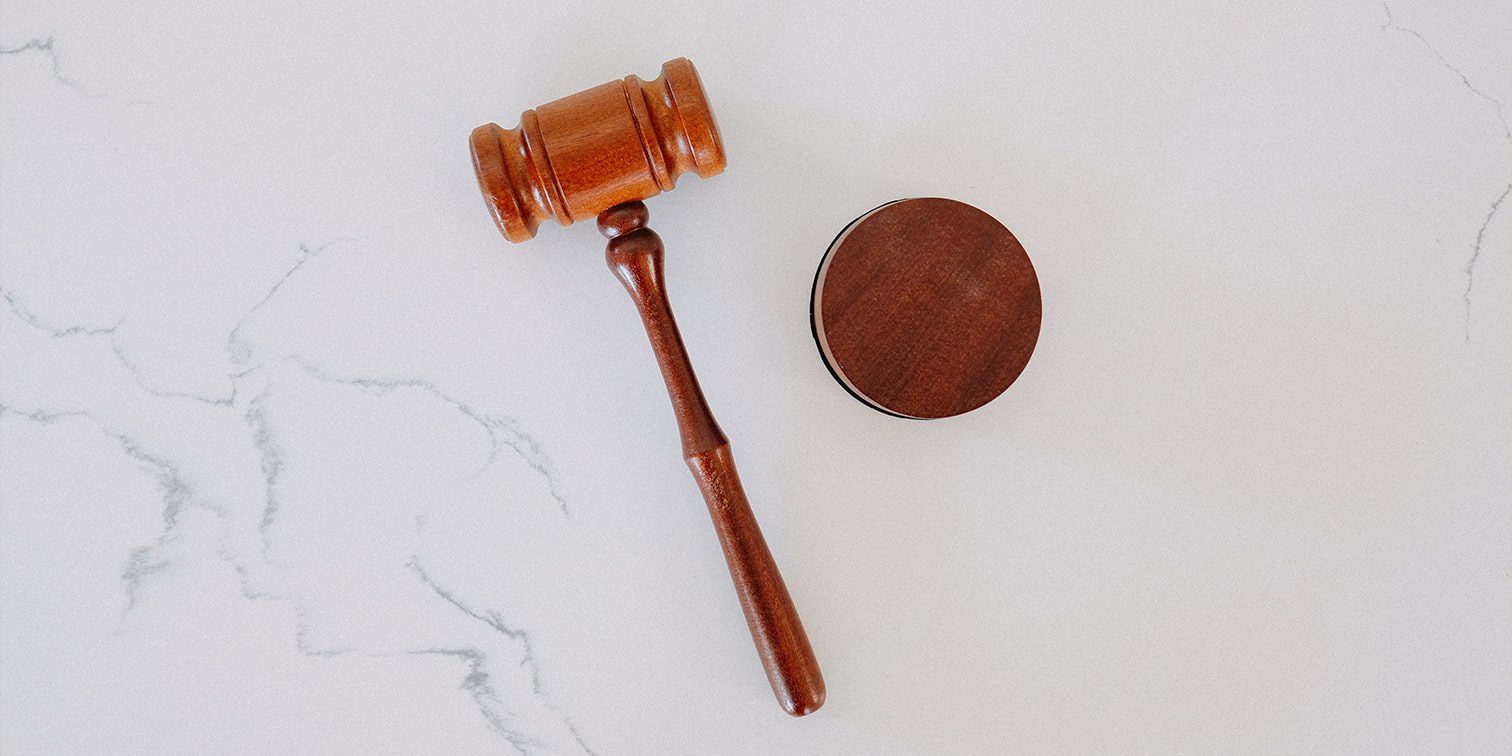When you have been injured due to someone else’s negligence, you have the right to file a personal injury lawsuit under California law. However, you must adhere to a time limit to file your personal injury case.
Standard Time Limit for California Personal Injury Lawsuits
The statute of limitations on personal injury in California is two years from the date of the injury or the accident, as specified in the California Code of Civil Procedure section 335.1. Most personal injury cases are typically identified by the “wrongful act or neglect of another.”
Delayed Discovery
If you do not discover the injury immediately, you have two years beginning from the date of discovery. These “delayed discovery” cases can be filed up to one year after the injury. To establish that your case qualifies as a delayed discovery, you must prove that:
You were unaware of the evidence that would cause you to suspect that someone else’s neglect harmed you. For example, you underwent surgery that seemed to go well, but you were unaware that the surgeon left a surgical sponge inside you.
Even if you conducted a diligent investigation, you could not have discovered that someone else’s neglect contributed to your injury. For example, you suspected that the surgeon caused your injury. Still, you could not have discovered that it was partly caused by a manufacturing defect in a medical device used in your surgery.
What If You Miss the Filing Deadline?
If you are eligible to file a personal injury lawsuit, you should consider the statute of limitations as a deadline. Once you go beyond the time limit, your personal injury claim will no longer be valid. You cannot go after the responsible party for compensation owed to you. Your case will likely be dismissed if you attempt to bring your personal injury lawsuit to court.
The deadline is enforced because it’s difficult to locate evidence and relevant witnesses after a certain amount of time. This could result in a skewed investigation. There is also the notion that if the harm or injury were severe, filing a claim would have been a more urgent priority.
The statute of limitations can also be a factor in negotiations, not just a time limit on when you can file a lawsuit. Most personal injury claims are resolved through negotiations with the responsible party and their insurance company.
If you cannot agree on a settlement, you will lose leverage when the statute of limitations expires. Furthermore, negotiating a better offer will be difficult when the other party knows that you can no longer take the case to court. Therefore, it is in your best interests to file a claim before the deadline.
Exceptions to the California Personal Injury Statute of Limitations
Circumstances can vary significantly from case to case, so California law includes several exceptions to the statute of limitations. These scenarios can result in a suspension of the statute of limitations. The time limit will be effectively paused until the matter is resolved, after which it begins to run again. Here are a few examples:
Delayed discovery
The responsible party left the state of California after the injury occurred but before the personal injury lawsuit was filed. Therefore, the clock will resume after returning to the state, as stated in the California Code of Civil Procedure section 351.
The injured party is “lacking the legal capacity to make decisions” (e.g., subject to a mental illness, like insanity). When the injured party recovers from their mental illness, the statute of limitations will resume. This exception is stated in the California Code of Civil Procedure section 352.
The injured party is under the age of 18. Once they turn 18, the clock starts to run again. This exception is detailed in the California Code of Civil Procedure section 352.
Suppose the statute of limitations for your case is drawing near or has already passed. In that case, it may be worth consulting a California personal injury lawyer to see if you can qualify for an exception.
Notable Statutes of Limitation Legal Claims
Under California law, personal injury cases are not the only legal claims subject to a time limit. Circumstances vary, but here is a list of the most common statutes of limitations you should know about:
Property damage: Three years after the property was damaged
Violation of an oral contract: Two years after the contract was broken
Violation of a written contract: Four years after the contract was broken
Libel or slander: One year after the incidence
Injury from known construction-related problems: Four years after construction was mostly finished
Injury from unknown construction-related problems: 10 years after construction was mostly finished
Personal property left at a public establishment: 90 days after departure from premises
Claims against banks: One year after the bank paid out the funds
Claims against medical institutions: Depending on the case, three years after the injury occurred or one year after the injured party discovered the injury
Claims against government institutions: Six months after the injury or one year after the property was damaged or the contract was broken. If your claim is denied, you have six months to file a court case. If the government does not respond to your claim after 45 days, you have to file a court case two years after the incident occurred.
Get Expert Representation
Our personal injury lawyers are highly experienced in handling personal injury claims and can guide you through the process. Call us at (213) 252-1070 or contact us online for a free consultation today.
